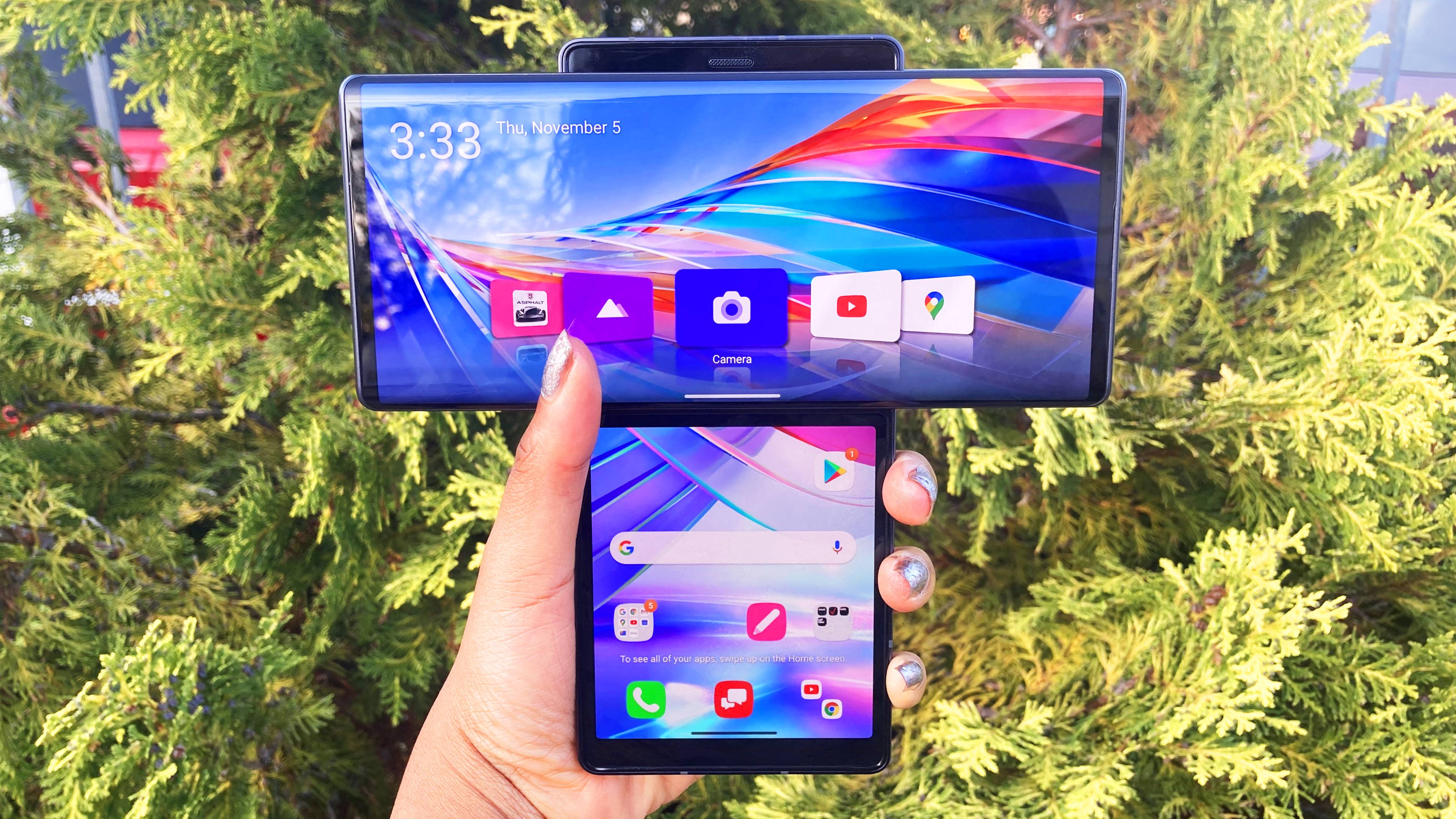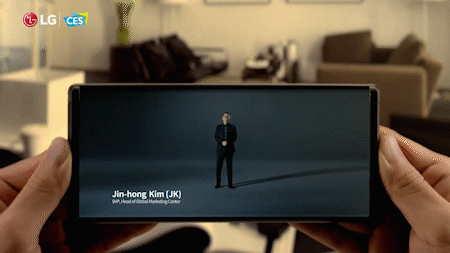LG is closing its phone business — what this means if you own an LG phone
What went wrong for LG mobile?

Rumors of LG getting out of or selling off its mobile division have been swirling for years and the most recent leak of its impending demise has proven true.
LG's board of directors voted to close the mobile division in order to focus on its many other varied interests including smart home devices, robotics, electric vehicle components, AI and others. The shuttering of the mobile business is expected to be complete by July 31, but that won't be the end of the line for current owners of LG phones (via PhoneArena).
- Best smartphones in 2021
- Pixel 5a: Price, release date, specs and more
- Best mobile phone deals in April 2021
In its official statement, LG said that it "will provide service support and software updates for customers of existing mobile products for a period of time which will vary by region." LG has not offered further clarity on the exact timelines for this support yet,. But considering the lack of solid software support was one of the many complaints regarding LG phones in recent years, I wouldn't count on more than a year or perhaps two at the outside.
Needless to say, this also means that we will never see the LG Rollable prototype that the company showed off briefly at CES this year or a follow-up to the LG Wing that our reviewer found so captivating last year.
While the company released other mid-tier and lower devices since then, the Wing is a fitting send-off for the company as from a hardware perspective it's unique and interesting. However, it stumbled considerably with the use of a Snapdragon 765G processor as opposed to the then-current Snapdragon 865. That alone would have addressed some of the performance issues encountered by our reviewer. The rest can be laid at the feet of the software, which was often the Achilles heel for LG as its overlays on Android both slowed performance, support and weren't generally well-received.

LG managed to push the mobile market forward, or at least successfully predict where the market was going, with features like ultra-wide cameras, a 1440p display, stainless steel frames and capacitive touchscreens (it beat Apple by a few months) to name a few. All of these would later see wide adoption by others despite seeing limited attention when unveiled by LG. Some of this comes down to marketing, where LG simply doesn't wield the power of Samsung or Apple, but some of it falls squarely at LG's feet.
A number of high-profile LG devices (LG G4, LG G5, LG V10, LG V20 and LG Nexus 5X) suffered from a serious boot loop issue that ultimately led to a significant class-action lawsuit against the company. The mobile business was already on the downturn, but this certainly eroded trust further. This was exacerbated by the company's foray into modular phones with the LG G5 that was quickly abandoned.
Sign up to receive The Snapshot, a free special dispatch from Laptop Mag, in your inbox.
LG will be missed as one of the few meaningful players left among the shrinking number of high-end phone manufacturers, but with nothing but losses over the last six years this was almost certainly the right move for the company. While it only had 2% of the global smartphone market, its 10% share in the U.S. will be a bit more of a shakeup. At the high-end, it's an opportunity for OnePlus. With the recent release of the OnePlus 9 Pro, it is one of the only alternative flagships left in the U.S. However, the best budget phones will see the biggest impact as that's where LG was far more competitive in recent years.
Sean Riley has been covering tech professionally for over a decade now. Most of that time was as a freelancer covering varied topics including phones, wearables, tablets, smart home devices, laptops, AR, VR, mobile payments, fintech, and more. Sean is the resident mobile expert at Laptop Mag, specializing in phones and wearables, you'll find plenty of news, reviews, how-to, and opinion pieces on these subjects from him here. But Laptop Mag has also proven a perfect fit for that broad range of interests with reviews and news on the latest laptops, VR games, and computer accessories along with coverage on everything from NFTs to cybersecurity and more.

